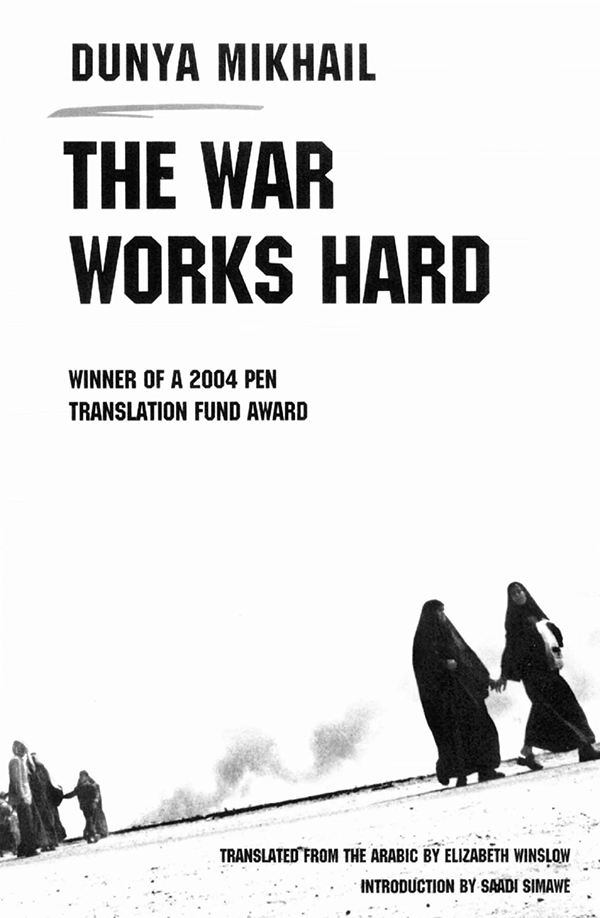
The War Works Hard
کتاب های مرتبط
- اطلاعات
- نقد و بررسی
- دیدگاه کاربران
نقد و بررسی

April 18, 2005
"What good luck!/ She has found his bones." So begins a litany of horrors from an Iraqi poet who witnessed Saddam's regime's atrocities firsthand. Mikhail, 40, works in Arabic, Chaldean and English, and had to flee Iraq in the years just before the current war; after a stint in Jordan, she now lives in Michigan, where the poems in the first section here were composed over the past few years. They are forceful and direct, with ironies that ring through their blunt admonishments: "Please don't ask me, America./ I don't remember their names/ or their birthplaces./ People are grass—/ they grow everywhere, America." In some, the speaker imagines life in wartime Iraq or writes in one of its many voices, including mythic ones ("I am Inanna," begins one in the Sumerian love goddess' voice, "[a}nd this is my city"). In others, she channels grief or anger, as in a bitter and beautiful set of "Non-Military Statements." The book's other two sections contain poems from the earlier collections Almost Music
(1997) and The Psalms of Absence
(1993) respectively; their coverage of the Gulf War makes clear just how much, for Iraqis, war has been a nightmarish way of life, with the U.S. playing a recurrent role. Stark and poignant, Mikhail's poems give voice to an often buried, glossed-over or spun grief.

May 15, 2005
This is the fourth book of poetry -the first translated into English -from Iraqi poet Mikhail, who fled to the United States in the mid-1990s after being harassed by the authorities. Here, she captures the essence of the cruel and inhumane in life. She writes of the destructiveness caused by a tyrannical regime and two prolonged wars that crippled her country and deepened the sense of loss among its people: "Yesterday I lost a country/ I was in a hurry/ and didn't notice when it fell from me/ like a broken branch from a forgetful tree." In voicing her pain, concerns, and hopes, she employs a direct language devoid of complicated imagery. Mikhail ponders the question of whether the poetic text is parallel to and richer than life or an extension and representation of it but seems to lean toward the latter. Not without a sense of irony and sarcasm, she also incorporates cinematic techniques to depict a strong yearning for life, which is nevertheless infiltrated by horror. Translator Winslow won a 2004 PEN American award to bring this into English; highly recommended. -Sadiq Alkoriji, Tomball Coll. & Community Lib., Harris Cty., TX
Copyright 2005 Library Journal, LLC Used with permission.

























دیدگاه کاربران